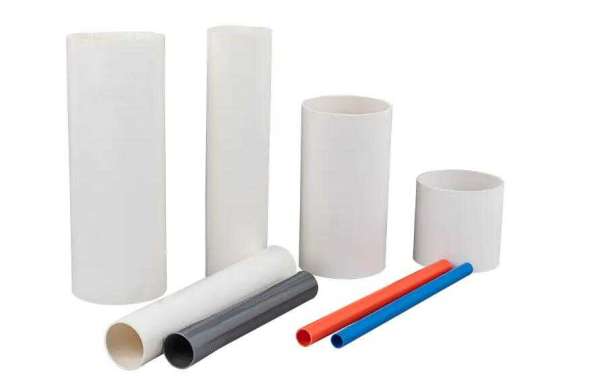Introduction:
Precision machining plays a vital role in numerous industries, enabling the production of intricate and high-quality components with exceptional accuracy and reliability. From aerospace to medical devices, precision machining processes have revolutionized manufacturing capabilities. This article delves into the world of precision machining, exploring its definition, techniques, applications, and the significant impact it has on diverse sectors.
Definition of Precision Machining:
Precision machining refers to a manufacturing process that involves the removal of material from a workpiece to create a highly precise and intricate final product. It utilizes advanced tools and equipment, along with computer-controlled systems, to achieve tight tolerances and exceptional accuracy. The process often involves subtractive techniques such as milling, turning, grinding, and drilling, as well as additive methods like 3D printing.
Techniques in Precision Machining:
Turning: Turning is a machining technique that involves rotating the workpiece while a cutting tool removes material to create cylindrical components. It is commonly used to produce shafts, rods, and other rotationally symmetric parts.
Milling: Milling utilizes rotary cutters to remove material from a workpiece, producing complex shapes and features. It can be performed in various directions and angles, enabling the creation of intricate designs and patterns.
Grinding: Grinding employs abrasive wheels to remove material and achieve high surface quality and tight tolerances. It is often used for finishing processes or to create cylindrical, flat, or profiled surfaces.
Drilling: Drilling involves creating holes in a workpiece using specialized cutting tools. Precision drilling ensures accurate hole dimensions and positional accuracy, crucial in industries like aerospace and automotive.
Electrical Discharge Machining (EDM): EDM uses electrical discharges to remove material from the workpiece. It is particularly effective for machining hard and electrically conductive materials, allowing for intricate shapes and fine details.
Applications of Precision Machining:
Aerospace Industry: Precision machining is extensively utilized in the aerospace sector, where the highest level of accuracy and reliability is crucial. It is employed to manufacture critical components like turbine blades, engine parts, landing gear, and structural elements, ensuring optimal performance and safety in aircraft.
Medical Sector: Precision machining is instrumental in the medical industry, enabling the production of intricate and custom-made components for medical devices and implants. It ensures precision and biocompatibility, contributing to advancements in areas such as orthopedics, cardiology, and prosthetics.
Automotive Manufacturing: Precision machining plays a pivotal role in automotive manufacturing, contributing to the production of engine components, transmission systems, and critical parts with tight tolerances. It enables enhanced fuel efficiency, durability, and performance of vehicles.
Electronics and Semiconductors: The electronics industry relies on precision machining to create microelectronic components, circuit boards, connectors, and intricate parts for electronic devices. The ability to manufacture small, complex features ensures the functionality and reliability of modern electronics.
Energy Sector: Precision machining is essential in the energy sector, particularly in the production of components for power generation, transmission, and distribution systems. It helps manufacture turbine blades, generator parts, and complex equipment for renewable energy technologies.
Impact on Industries:
Quality and Reliability: Precision machining ensures the production of high-quality components with tight tolerances, contributing to improved product performance, reliability, and longevity. It minimizes defects, enhances functionality, and reduces maintenance requirements.
Innovation and Design Freedom: Precision machining techniques provide manufacturers with the freedom to explore intricate designs and create complex geometries. This promotes innovation, enabling the production of cutting-edge products and pushing the boundaries of technological advancements.
Efficiency and Cost-effectiveness: By achieving precise dimensions and tolerances, precision machining reduces the need for additional processing or manual adjustments. This leads to improved efficiency in manufacturing processes, reduced waste, and overall cost savings.
Customization and Personalization: Precision machining allows for the production of customized and personalized components, catering to specific customer requirements. This level of flexibility is particularly valuable in industries such as medical devices and aerospace, where individualized solutions are paramount.
Conclusion:
Precision machining is a cornerstone of modern manufacturing, empowering industries to produce intricate and high-quality components. Its techniques, such as turning, milling, grinding, drilling, and EDM, enable the creation of precise geometries, tight tolerances, and complex designs. The impact of precision machining is evident in industries like aerospace, medical, automotive, electronics, and energy, where it contributes to improved quality, reliability, innovation, efficiency, and customization. As technology continues to advance, precision machining will continue to play a pivotal role in shaping the future of manufacturing.






